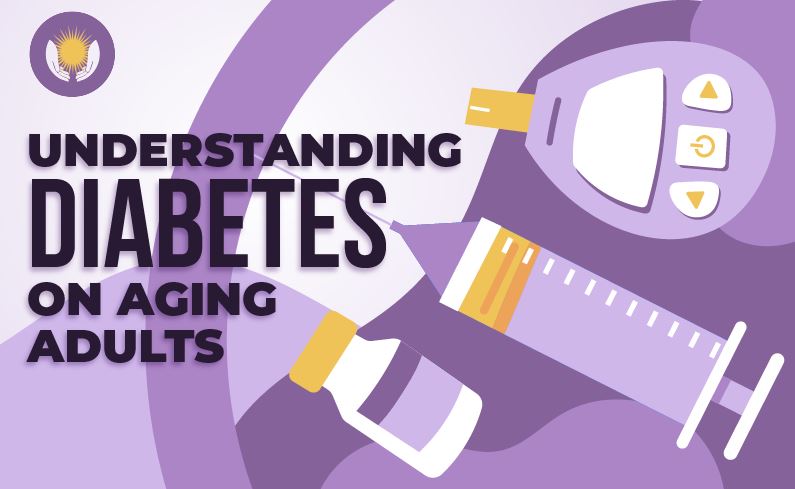The Invisible Disability: What You Need to Know About IBD

Inflammatory bowel disease (IBD) is an umbrella term used to describe disorders that involve chronic inflammation of your digestive tract.
Over 3 million Americans are affected by IBD, and what’s crazy is that so many millions out there still haven’t been diagnosed!
As this terribly painful and embarrassing disease is on the rise, it is so important to recognize what IBD is, the symptoms of both forms of IBD, and how to get tested!
What is the difference between Crohn’s and UC?
Ulcerative colitis causes inflammation in the large bowel and rectum, which irritates the lining of your intestines and leads to painful ulcers that bleed and give off mucus. Crohn’s disease also causes inflammation – but it can actually spread far beyond the bowel and rectum, like the small intestine and even your esophagus!
What are the symptoms of IBD?
The most common symptoms of IBD are:
- Constant diarrhea caused by flare-ups in your intestines
- Blood and mucus in the stool
- Rectal bleeding
- Severe abdominal pain and pain with passing stool
As a result, these symptoms lead to frequent weight loss and fatigue.
Can it be cured?
Unfortunately, there is still no real cure for both forms of IBD except for surgery, which can eliminate symptoms in Ulcerative Colitis patients. Crohn’s Disease will stick with patients throughout their entire life. Although it can be managed with various medications and changes to your diet, many individuals end up needing to have surgery to have parts of their bowels removed. In many cases, patients will require 2-3 surgeries on their intestines in their lifetime.
How to get tested
If you or your loved one experience these symptoms, it’s critical that you speak up and talk to a doctor. As embarrassing the symptoms of any digestive issues like IBD or IBS can be, this is a serious matter that needs to be addressed. There are various ways you can get tested and diagnosed:
- Blood test
- Stool tests
- Colonoscopy
- Endoscope
- Ultrasound
- MRI/CT Scan



Comments